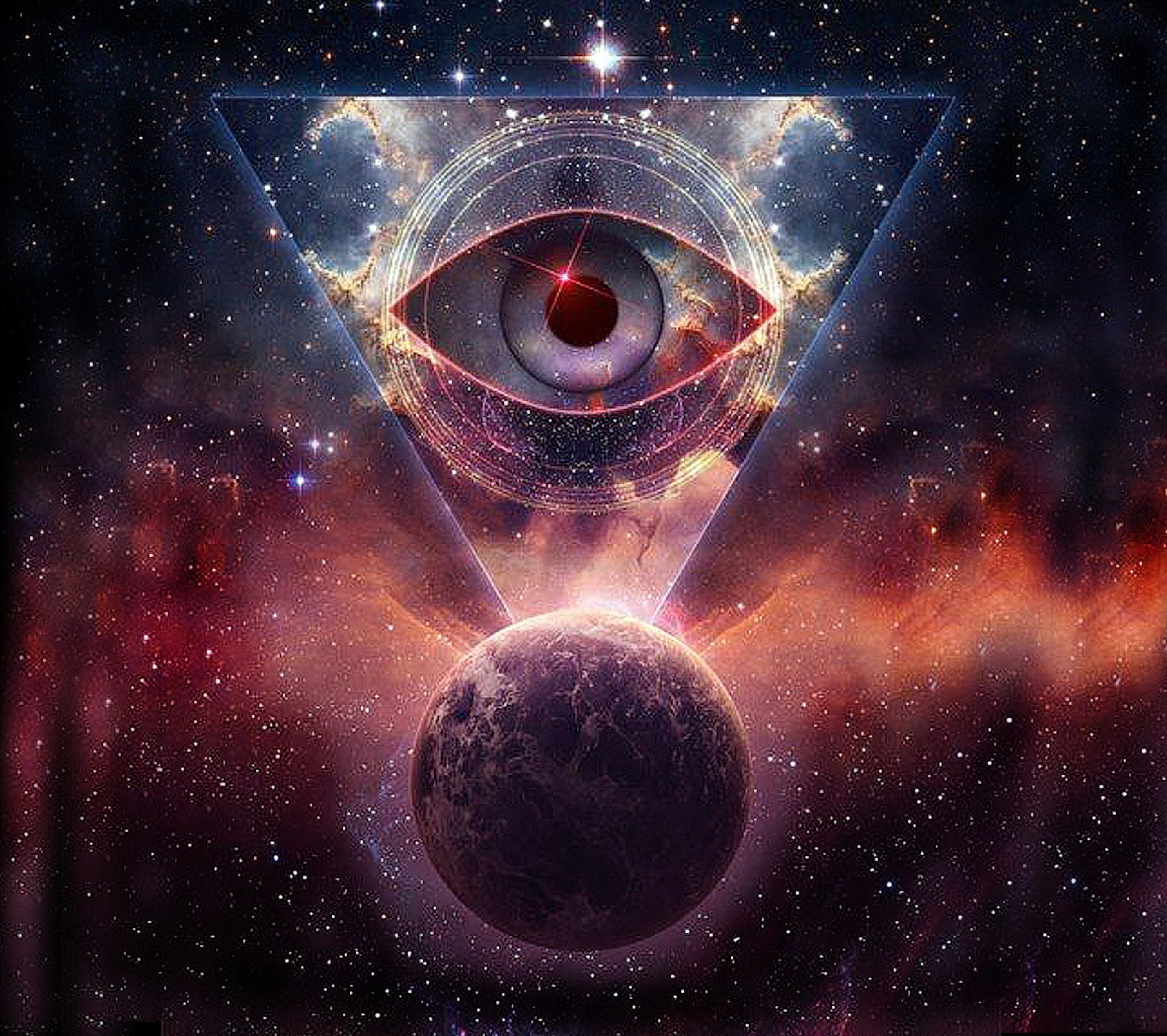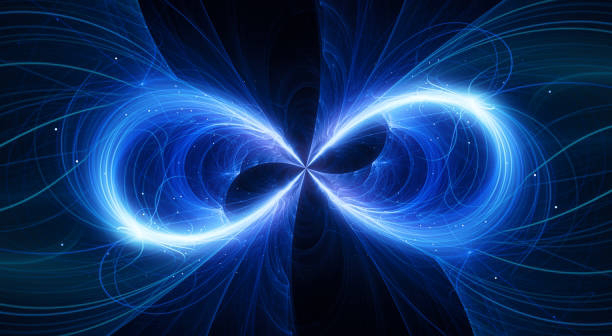Why Theism is simpler than Naturalism
Note: This was originally written back in early 2021 on the worldview design training center. For that reason I do not agree with all of the arguments put forward (even though I still agree with the conclusion). Furthermore, I do not think Simplicity *on its own* has any relevance for increasing probability (even intrinsic & prior probability) see this video on why. But I still think it can be a way for certain theist of the idealist type to argue for theism's simplicity as a theory.
By: Kyle Alander
One of the most important debates in the philosophy of religion is in regards to Simplicity. Of course there are different kinds of simplicity (Ontological & Syntactical) I want to focus on more Ontological simplicity as that has been the one preferred by naturalists to argue against Theism. Philosophers such as Robert Koons and Richard Swinburne use syntactical simplicity to argue that Theism is simpler than Naturalism (since Theism has the least amount of fundamental commitments). I want to put aside Syntactic simplicity for a moment and focus on Ontological simplicity.
The basic idea behind this line of thinking is in the following analysis: Naturalism is just positing the universe and what we know from science as all that exists. Theism takes that but adds God to the picture. So when comparing our total theories we have Naturalism which is just the universe (what I mean by universe is just total causal reality) and nothing else. On Theism we have all of the same commitments where that universe exists but we say that there is a God that is additional to that universe. So on the final account Theism is just an extension of Naturalism. Theism has all of the commitments of naturalism but adds additional supernatural commitments. And so using Ontological Simplicity Naturalism is simpler than Theism.
Here are some ways which this final count can be reversed (where Theism is more simple)
Three things naturalism posits (or includes) that theism does not require:
1. The category 'natural object'. Theists can shave off both 'natural' and 'non-natural/supernatural' categories. There are no such categories.
For naturalism posits the kind 'natural object', whereas theism does not require that 'natural' or 'supernatural' express any real kinds. Everyone has the kind 'something', but naturalists add that whatever falls under the kind 'something' also falls under the kind 'natural object'. So naturalism, unlike theism, introduces an extra kind. Theist can call objects just objects without expressing the "kind" of objects they are. We can shave all categories and just talk about objects or we can describe objects in terms of things we already know (more on this later)
2. Mindless Matter/energy: While physicists theorize that our observations are ultimately explicable in terms of informational states of a quantum field, theists need not suppose that there is an actual field, or that there are mindless substratum/bearers of states.
Theist can shave off fundamentally mindless units from our theory of the world. Mindless units are unnecessary posits. Just as there is no need to explain thunder by appealing to magical deities, there is no need to explain the things we see by appealing to mindless units of reality.
3. Arbitrary features (finite boundary in reality's resources) that entail non-theism.
In order for naturalism to compete with theism, naturalism must say something that is incompatible with the proposition that something is supreme (theism). The simplest way to do that is to say that nothing is supreme or everything is imperfect [arbitrarily limited]. This competing proposition isn't any simpler than that something is supreme. So I conclude that theism is simpler than the proposition that everything is natural and nothing is supreme, which is the simplest version of naturalism that competes with theism.
Of course the naturalist can respond with: theism posits something that this naturalism does not require: a fundamental mind.
My response to this objection is that a mind is the same category as things we know about given the problem of positive properties
When we say an object is physical there is no way in which we describe it where we refer to it as an object without reference to mental experiences or properties. We always describe physical objects in ways that are mind-dependent. So we lack positive properties that indicate the object is a distinct physical substance.
A physicalist needs to show there is something there beyond the mental experience. Physicalists need to show there is something to alleged mind-independent objects beyond their extrinsic, relational, and purely formal properties. But yet this doesn't seem to be possible and hence idealism is the most simple view.
And so cumulatively it seems that Theism is simpler than Naturalism even when discussing Ontological Simplicity
Few important clarifications:
1. This argument doesn't apply to a broad naturalism that doesn't compete with theism (e.g. supreme naturalism).
2. This analysis doesn't apply to the *supernaturalist* theism that Oppy critiques.
3. My analysis relies on a type of Theism that is not too common. It relies on a sort of Panentheistic Idealism where God creates a mental reality through his own substance (denying creation ex nihilo).
4. This analysis wouldn't work with neoclassical or classical Theism where God is radically distinct from creation and hence such categories are necessary to posit (views of Theism that are more common among Theist)



Comments
Post a Comment